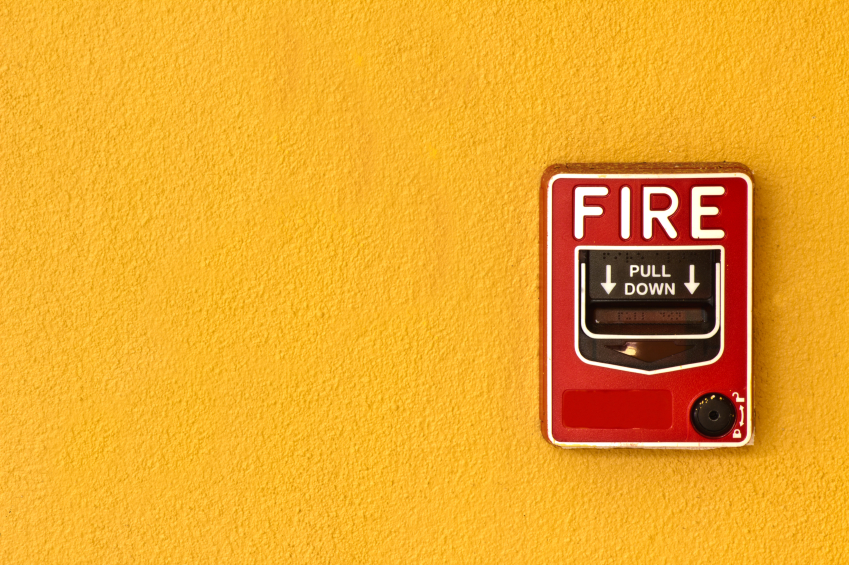 |
Yesterday, we looked at the major causes of workplace fires. Today, we’ll look at how you can take that knowledge and apply it to fire prevention in your workplace and at home.
Fire Prevention Strategies
Fire risks are everywhere—from chemicals and electricity to flammable liquids, combustible materials, compressed gases, smoking, and poor housekeeping. No workplace is completely safe. Below are some steps that you can take to make sure that your workers understand what causes fires, and how they can be prevented.
Your one-stop safety management resource, available 24/7. Go here to take a no-cost site tour or here to try it in your own office!
This list was developed by the Marine Operations Center of the National Oceanic and Atmospheric Administration.
- Store chemicals properly in tightly closed containers.
- Read labels and safety data sheets (SDSs) for the fire hazards related to chemicals in use.
- Keep flammable liquids away from sources of ignition.
- Separate incompatible chemicals.
- Regularly check containers for damage or leaks.
- Clean flammable liquid spills immediately and properly dispose of liquids and cleanup materials.
- Keep cords and plugs in good condition.
- Do not overload electrical circuits.
Great news! BLR’s renowned Safety.BLR.com® website now has even more time-saving features. Take our no-cost site tour! Or better yet, try it at no cost or obligation for a full 2 weeks.
- Keep hot equipment away from combustible materials.
- Shut down electrical equipment that smokes or sparks.
- If smoking is allowed, make sure smokers extinguish cigarettes and matches completely in designated containers.
- Handle compressed gas cylinders carefully and keep them away from heat.
- Keep work areas free of trash, combustible scrap materials, and other debris.
- Place oily rags in metal containers with lids.
- Keep machines free of dust and grease.
- Train employees to report fire hazards they cannot immediately correct.
Need more resources for preventing emergencies in your workplace? Safety.BLR.com can help you manage those risks.
